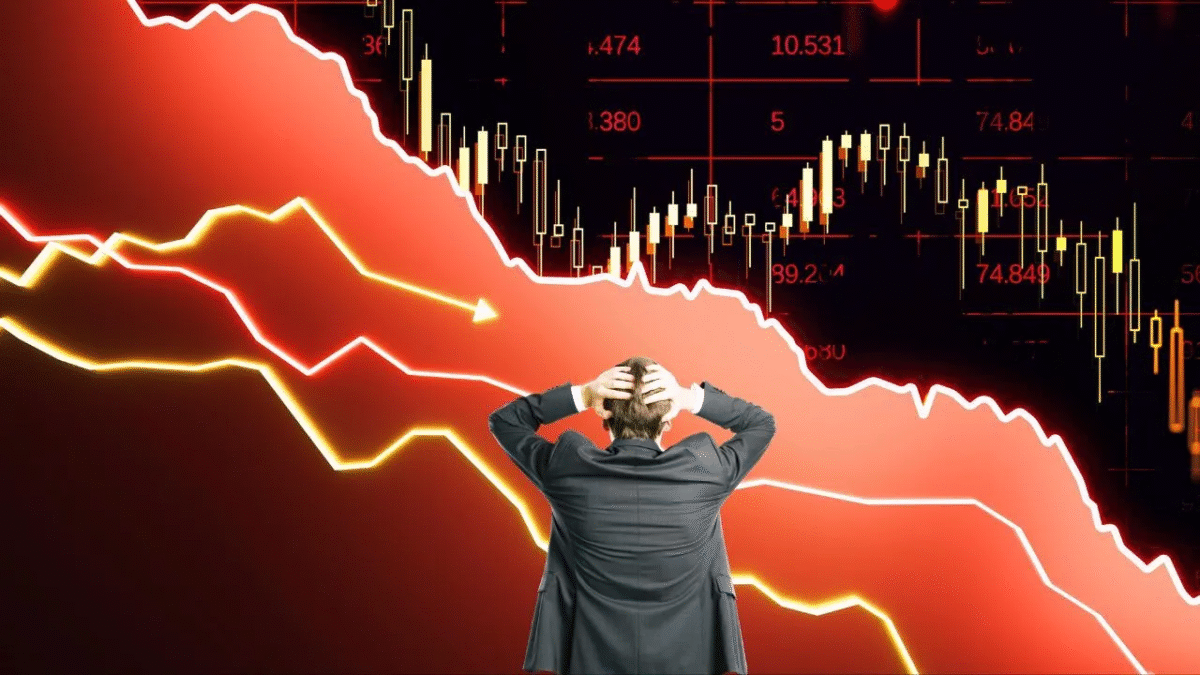Share Market Crash: Sensex and Nifty, the leading benchmark index of the Indian stock market, fell by more than 1 per cent on Tuesday. On Monday, the most one -day growth was observed in four years. The stock market rose on Monday after the news of a ceasefire with Pakistan. Today the Sensex fell 1,282 points or 1.55 percent to close at 81,148.22, while the Nifty fell at 50 346 points or 1.39 percent to close at 24,578.35.
Heavy losses to investors
The total market capitalization of companies listed in BSE declined from ₹ 432.56 lakh crore to about ₹ 431 lakh crore, causing investors to lose about ₹ 11.5 lakh crore in a single session. The mid and small cap segment performed well. The BSE midcap and smallcap index rose 0.17 percent and 0.99 percent respectively.
New round of tourism in Goa: 10.5% increase in visitors in first quarter of 2025
Due to decline in stock market
India has sent a proposal to the World Trade Organization (WTO) to impose a counter tariff against the US against the US tariff on steel and aluminum by President Donald Trump. Despite the ongoing talks between the US and India, reports indicate that the concerns of the trade war have not ended.
The Indian stock market index increased by about 4 percent in the last session after the tension between India and Pakistan decreased. This rapid growth was mainly due to short coverings, which benefited retail investors.
Some analysts believe that the US-China trade agreement may have a negative impact on the Indian stock market, as it can re-awaken the spirit of ‘sell India, buy China’, and the Indian stock market may have a foreign capital. “The domestic market may remain flexible in the short term, but the trade agreement between the US and China is a major issue.”
According to analysts, there is still fear in the market regarding the situation between India and Pakistan. After Prime Minister Narendra Modi addressed the nation on Monday and warning Pakistan against any wrongdoing, experts say that there may be some retaliation from Pakistan. Meanwhile, soon after Prime Minister Modi addressed the nation on Monday, 10 to 12 drones were stopped at Samba, which disrupted power supply in the region and Jammu on the fourth consecutive night.
There is uncertainty on the India-Pakistan front, so the domestic market currently lacks new positive catalysts to bear the loss. Due to the healthy economic status of the country and the expected income revival in the first quarter of FY 2026, retail investors are seen transferring funds from large-cap stocks in search of high returns to mid-cap and small-cap stocks.
